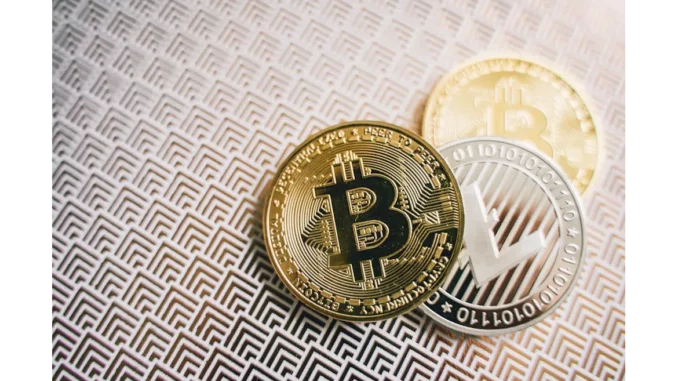
In the ever-evolving realm of cryptocurrency, regulatory measures and government interventions wield significant influence over traders and investors. A case in point is the recent action by the Indian government to block the URLs of nine offshore cryptocurrency exchanges, citing non-compliance with the nation’s anti-money laundering (AML) laws. To delve deeper into the ramifications of this development, I interviewed Rohan Mehta, an experienced crypto investor and blockchain aficionado based in Mumbai. Our conversation offered a wealth of insights into the current state and future prospects of the crypto market in India.
Jade Thompson: Rohan, thank you for speaking with me. Could you start by sharing a bit about your background in cryptocurrency investing?
Rohan Mehta: Of course, Jade. I ventured into the world of cryptocurrencies in 2016 out of sheer curiosity, and it gradually evolved into a substantial component of my investment portfolio. Over the years, I have invested in various digital currencies, including Bitcoin, Ethereum, and Tether, through both domestic and international exchanges.
Jade Thompson: With your extensive experience, what was your initial reaction to the Indian government’s decision to block the URLs of these nine cryptocurrency exchanges?
Rohan Mehta: It was undoubtedly a shock. The exchanges in question—such as Binance, Kraken, and KuCoin—are widely used by Indian traders for their comprehensive offerings and lower fees. My primary concern was not just the impact on my investments, but also the broader implications for the Indian crypto community.
Jade Thompson: Can you elaborate on the specific concerns you had?
Rohan Mehta: The foremost concern was access. Blocking these URLs directly impedes our ability to trade, manage, and access our funds on these platforms. There’s also the apprehension that a more restrictive regulatory environment could hamper innovation and growth within the Indian crypto sector.
Jade Thompson: The Financial Intelligence Unit (FIU) cited AML non-compliance as the reason for the ban. Do you believe this move was justified?
Rohan Mehta: While adherence to AML laws is undeniably important, the abruptness of the action is problematic. Investors had very little time to react or transfer their assets. A more phased approach would have allowed for a smoother transition and less disruption for users.
Jade Thompson: That’s understandable. What immediate steps did you take following the announcement of the ban?
Rohan Mehta: My first move was to transfer my assets from the affected exchanges to Indian platforms like CoinDCX and WazirX, which are registered with the FIU. Ensuring your assets are in a secure and compliant environment is crucial. I also advised fellow investors to take similar actions.
Jade Thompson: How do you find domestic exchanges compared to international ones?
Rohan Mehta: Indian exchanges have significantly improved in recent years. Platforms like ZebPay, CoinSwitch, and Mudrex offer competitive trading fees and advanced security measures. However, they still fall short in terms of liquidity and the variety of trading pairs when compared to major international exchanges like Binance and Kraken.
Jade Thompson: Mudrex has garnered a strong reputation for security and compliance. Have you used their platform?
Rohan Mehta: Yes, Mudrex has impressed me. Their emphasis on long-term, less risky investments aligns well with my strategy. Their zero-fee policy on crypto deposits is a notable advantage. Additionally, their full compliance with Indian regulations provides peace of mind.
Jade Thompson: Given the current landscape, what advice would you offer to other crypto investors in India?
Rohan Mehta: The key is to remain calm. Ensure your assets are transferred to compliant exchanges or secure wallets. Stay updated on regulatory changes and be prepared to act swiftly. Diversification is also crucial; avoid concentrating your investments in a single type of cryptocurrency or one exchange.
Jade Thompson: Looking ahead, how do you foresee the future of crypto trading in India?
Rohan Mehta: The outlook is mixed. Increased regulatory scrutiny could stifle growth and innovation. However, a well-regulated environment can enhance legitimacy and attract serious investors. The ideal scenario would involve the government and regulators striking a balance that safeguards consumers while fostering industry growth.
Navigating the volatile world of cryptocurrency is challenging, especially amidst sudden regulatory changes. Yet, as Rohan Mehta’s experience highlights, staying informed, proactive, and adaptable can help investors manage risks and continue to prosper. The Indian crypto landscape may face hurdles, but for those who persevere, the potential opportunities remain significant.
Jade Thompson

Be the first to comment